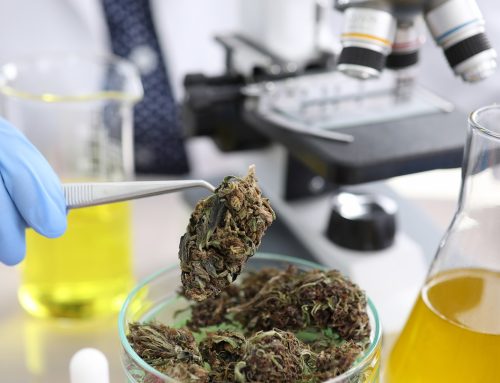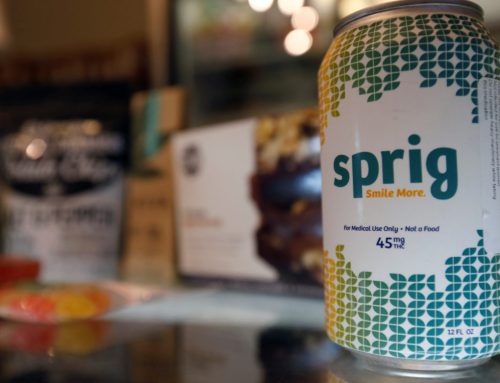Study: Medical Cannabis Associated With Symptom Improvements In Patients With Major Depressive Disorder
ESSEN, Germany- A new study published in The Journal of Pharmacopsychiatry, reveals a link between the use of medical cannabis products and decreased levels of depression. German researchers investigated the use of medical cannabis in 59 outpatients diagnosed with major depressive disorder (MDD). While medical cannabis, including plant cannabis and cannabinoid treatments like dronabinol, became legally available by prescription in Germany in 2017, it is generally prescribed when traditional therapies prove ineffective.
Over the course of 18 weeks, participants in the study utilized cannabis products. The results indicated a significant reduction in the mean severity of depression, dropping from 6.9 points at the beginning to 3.8 points by week 18. Moreover, more than half (50.8%) of the study subjects experienced a treatment response, defined as a greater than 50 percent reduction in the initial depression score.
The authors of the study noted that medical cannabis was well-tolerated, with a dropout rate comparable to clinical trials of antidepressant medication. They concluded that patients reported a clinically significant reduction in depression severity, suggesting the need for further research on the effectiveness of medical cannabis in treating MDD.
Interestingly, these findings align with recent research from the United Kingdom, which also observed improvements in depression and anxiety symptoms, as well as enhancements in health-related quality of life and sleep quality after 1, 3, and 6 months of medicinal cannabis treatment.
For more details, you can access the full text of the study titled “Effectiveness of medical cannabis for the treatment of depression: A naturalistic outpatient study” in Pharmacopsychiatry.



































